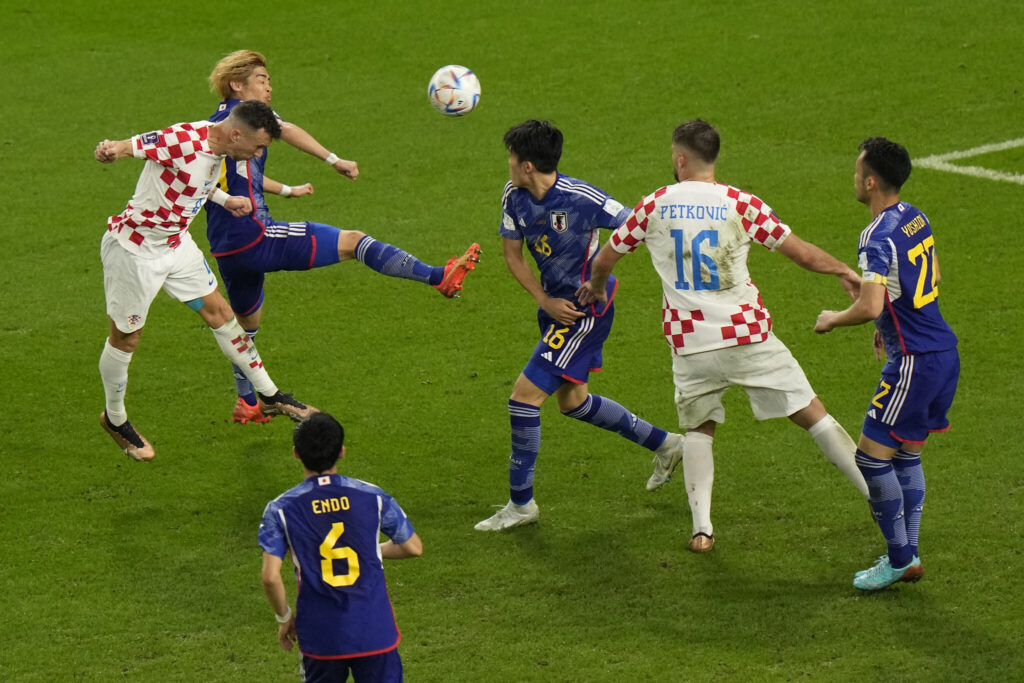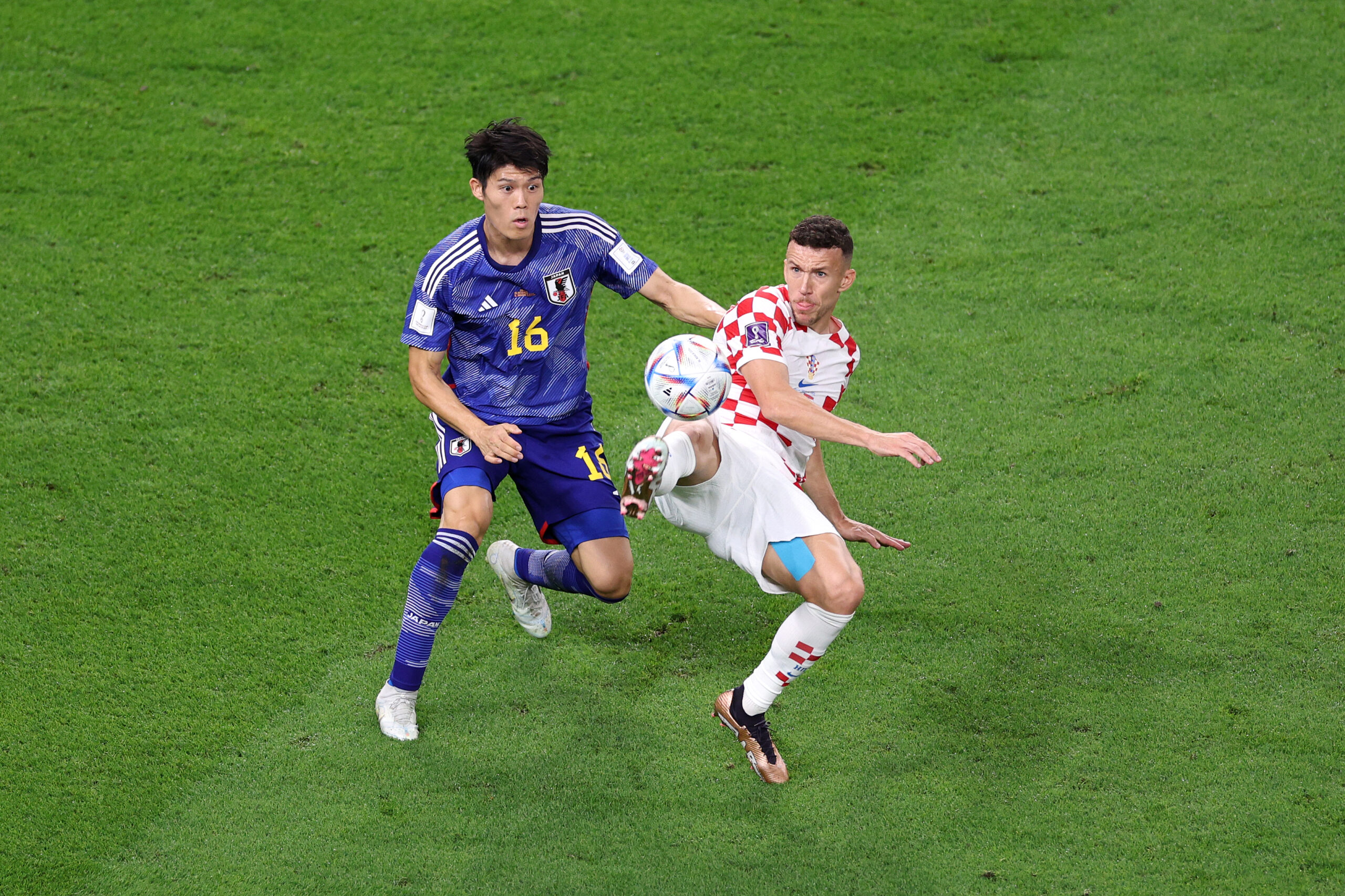The world of football is relentless, demanding, and physically taxing for players who traverse international competitions. The clash between club and country commitments is a perennial issue, and Arsenal’s Takehiro Tomiyasu finds himself caught in the crossfire as he juggles duties in both the Asian Cup and AFCON(Africa Cup of Nations). This article delves into the scheduling challenges faced by the Japanese defender and explores the wider implications for players engaged in multiple international tournaments.

Tomiyasu: The Unforgiving Schedule:
The scheduling of international tournaments often comes under scrutiny, with concerns raised about player welfare and the impact on their performance at the club level. Tomiyasu, a key figure in Arsenal’s defense, has been thrust into the demanding scenario of participating in both the Asian Cup and AFCON, leaving little room for rest and recovery.
The Asian Cup and AFCON, a premier football competition in Asian Cup and AFCON the flagship tournament for African national teams, are both prestigious events that draw top talents from around the world. However, the timing of these tournaments can pose a significant challenge for players, especially those representing clubs in European leagues. Tomiyasu’s case highlights the strain that such congested schedules can put on an individual player.
Physical and Mental Toll:
Football is not just a physical game; it demands sharp mental acuity and a high level of concentration. The toll of participating in back-to-back tournaments is not limited to the strain on a player’s body but extends to their mental and emotional well-being.

Jetting off from one continent to another, adjusting to different time zones, climates, and playing styles can be mentally draining. Tomiyasu, like many other players in similar situations, faces the challenge of adapting to different footballing cultures while maintaining peak performance for both club and country.
Impact on Arsenal’s Defensive Stability:
As a key component of Arsenal’s defense, Tomiyasu’s absence or diminished form due to the relentless international schedule could have repercussions for the club. The defensive line is the backbone of any successful team, and disruptions in personnel or form can leave the team vulnerable.
Arsenal’s coaching staff must carefully manage Tomiyasu’s workload and recovery periods to ensure he returns to the club in optimal condition. The delicate balance between honoring national team commitments and safeguarding a player’s fitness for club duties is a predicament faced by many managers.
The Dilemma for Players: National Pride vs. Club Loyalty:
For players like Tomiyasu, representing their national team is a matter of pride and honor. However, the clash between international tournaments and domestic league commitments places them in a precarious position. The decision to prioritize one over the other can be challenging, and players often find themselves torn between their loyalty to the national flag and their responsibilities to their club.

The increased commercialization and global appeal of football mean that players are not just athletes; they are brands, and their performances on the international stage contribute to their marketability. Balancing these dual responsibilities requires careful negotiation and coordination between national football associations and clubs.
Calls for Reform: Finding a Middle Ground:
The scheduling conflicts faced by Tomiyasu and other players highlight the need for a more harmonized and player-friendly international calendar. Calls for reform in the scheduling of major tournaments have been gaining momentum, with proponents arguing that a more balanced approach would benefit players, clubs, and national teams alike.
FIFA and continental football governing bodies must collaborate with clubs to create a calendar that accommodates both international and domestic commitments without compromising player welfare. The implementation of a more rationalized schedule could mitigate the physical and mental strain on players and contribute to the overall improvement of the sport.
Takehiro Tomiyasu’s participation in both the Asian Cup and AFCON shines a spotlight on the challenges faced by modern footballers navigating a crowded international calendar. The toll on their bodies, minds, and the potential impact on their club performances underscore the need for a more thoughtful and player-centric approach to scheduling.

As football continues to captivate global audiences, finding a delicate balance between national pride and club loyalty becomes paramount. The reform of international tournament scheduling is not just a matter of convenience for players; it is an essential step towards safeguarding the long-term health and sustainability of the beautiful game. The time has come for stakeholders to come together and forge a more harmonious and player-friendly football calendar.





